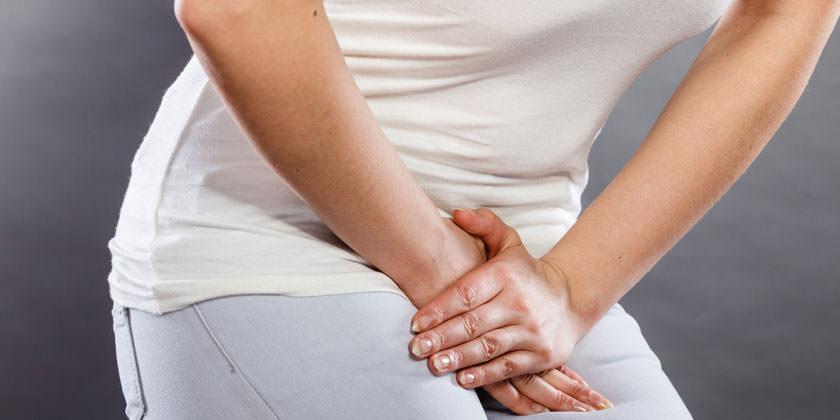It is anxious to experience pain anyplace in your body. However, pain in or near the vagina can be most disturbing. Searching for symptoms on Google can increase the anxiety you are already experiencing. And although you know you should call your gynecologist, explaining the pain can be embarrassing.
It’s time to end the puzzle and confusion associated with vaginal pain and decipher why your intimate organs hurt. Women often don’t know what to do about it or they are ashamed. You no longer need to neglect symptoms such as sharp pain during sex, burning in the vulva and other signs that something is wrong with this hypersensitive part of the body. Sometimes you don’t get any clear symptoms but you might be suffering from bacterial vaginosis. Bacterial vaginosis treatment is possible with the help of probiotics.
1. Adenomyosis
Adenomyosis is similar to endometriosis, but endometrial tissue grows on the muscle wall of the uterus. The common symptoms of this disease are:
- pelvic pressure
- severe cramping during menstruation
- painful sex
The cause of adenomyosis is unknown, but it usually affects women near the end of childbearing age and disappears after treatment for menopause.
Your gynecologist can diagnose the disease and help you to eliminate it. The treatment may include anti-inflammatory painkillers or hormonal medication such as birth control pills. If the pain is severe and cannot be relieved with medication, a hysterectomy can also be an option.
2. Uterine fibroids
Uterine fibroids are tumor growth in the uterus. Depending on their size and location, fibroids can cause chronic pain in the pelvic area. It can be described as a constant feeling of pressure, rather than a stitching kind of pain.
Uterine fibroids can cause pain during sex, especially if they are located near the cervix or upper end of the vagina. Pain can also be more pronounced during menstruation, especially if the fibroids put pressure on the uterine mucosa. This disease is very common and develops as women age. African-Americans usually are more prone to them.
A doctor can diagnose fibroids by examining the pelvic organs, but it is better to perform tests such as ultrasound scanning. Although some of them may need to be removed, especially if the pain affects your quality of life. Not all fibroids need to be removed, some do not grow and do not cause problems. In many cases, they fade as a woman approaches menopause.
3. Vaginal dryness
If you are suffering from vaginal dryness, sexual intercourse can be rather uncomfortable and even painful. This can cause tiny tears or slight abrasions in the vagina or on the vaginal opening, which can cause prolonged pain until they heal. The reason you don’t make enough lubrication is of low estrogen levels. Some hormonal methods of contraception can reduce the estrogen level in the body and this makes you dry “down there”.
Perimenopause can be another reason for vaginal dryness. The woman’s body starts to produce less estrogen.Perimenopause begins five to ten years before the onset of menopause, and vaginal dryness is one of its hallmarks. If sex is really painful because of vaginal dryness, take advantage of a good lube during sex. You can also ask your gyno on how to boost your estrogen levels. Allergy medications can also be a cause of vaginal dryness. Antihistamines dry all kinds of mucous membranes, no matter if it’s the nose or vagina.
4. Menstruation
Period cramps can be quite severe. But your menstruation can lead to other kinds of pain such as vaginal pain before, during, and after menses. When a woman approaches her period, the muscles retain a little more fluid throughout her body. This causes more headaches in a woman during PMS and menstruation. Then some vaginal pain may occur as well. This type of pain should be comparatively insignificant and do not interfere with your routine activities.

